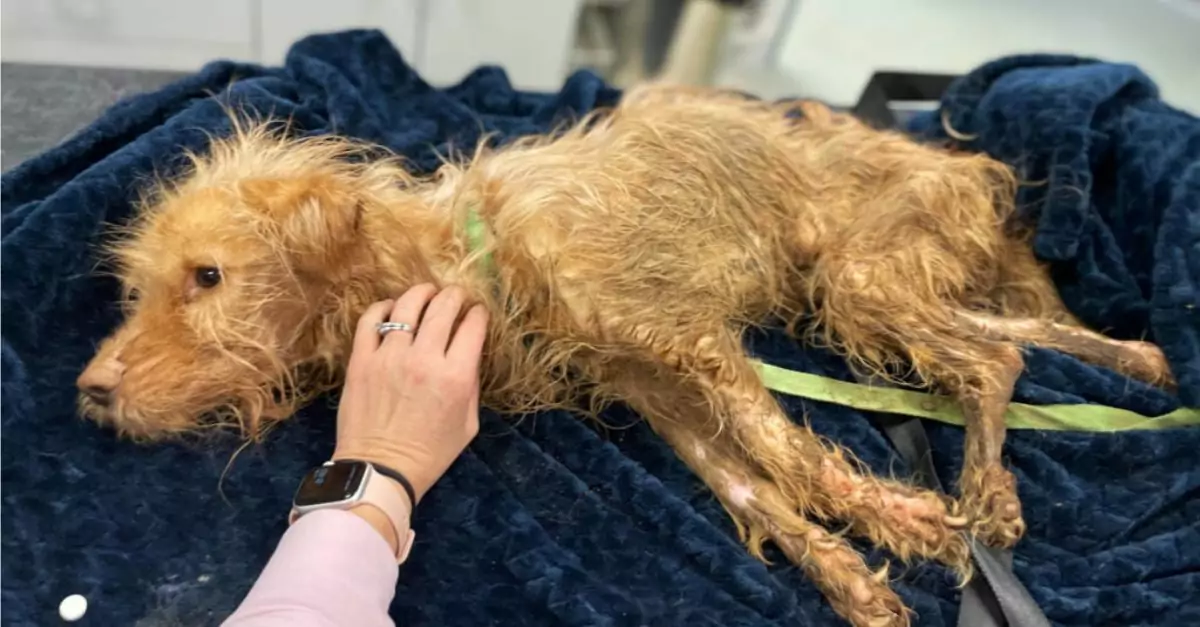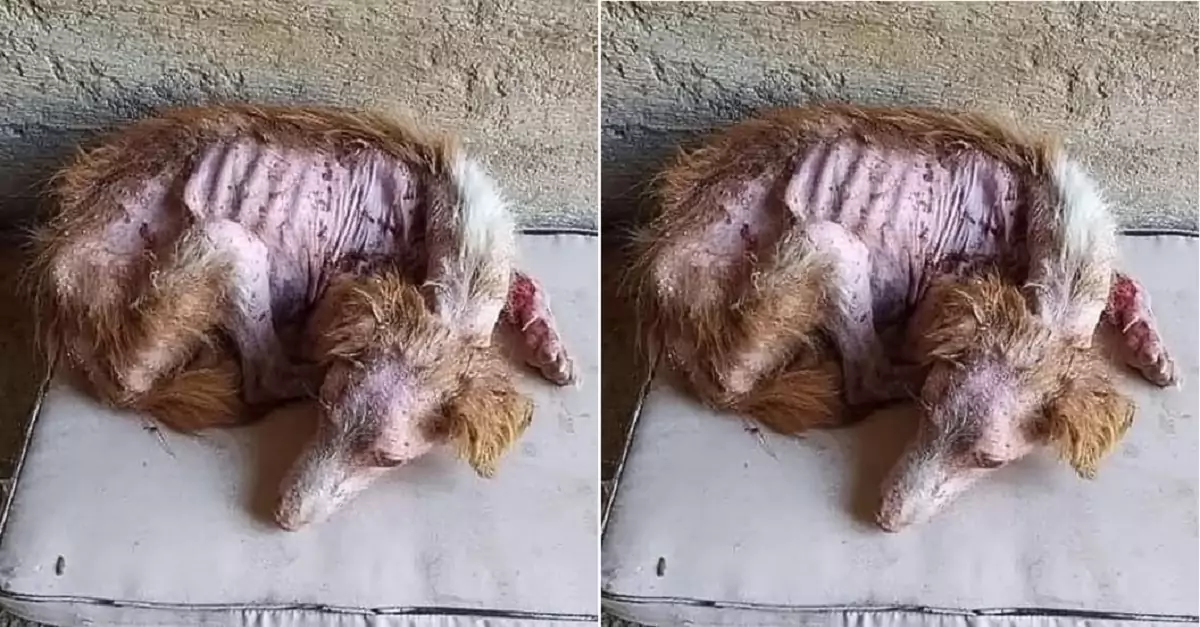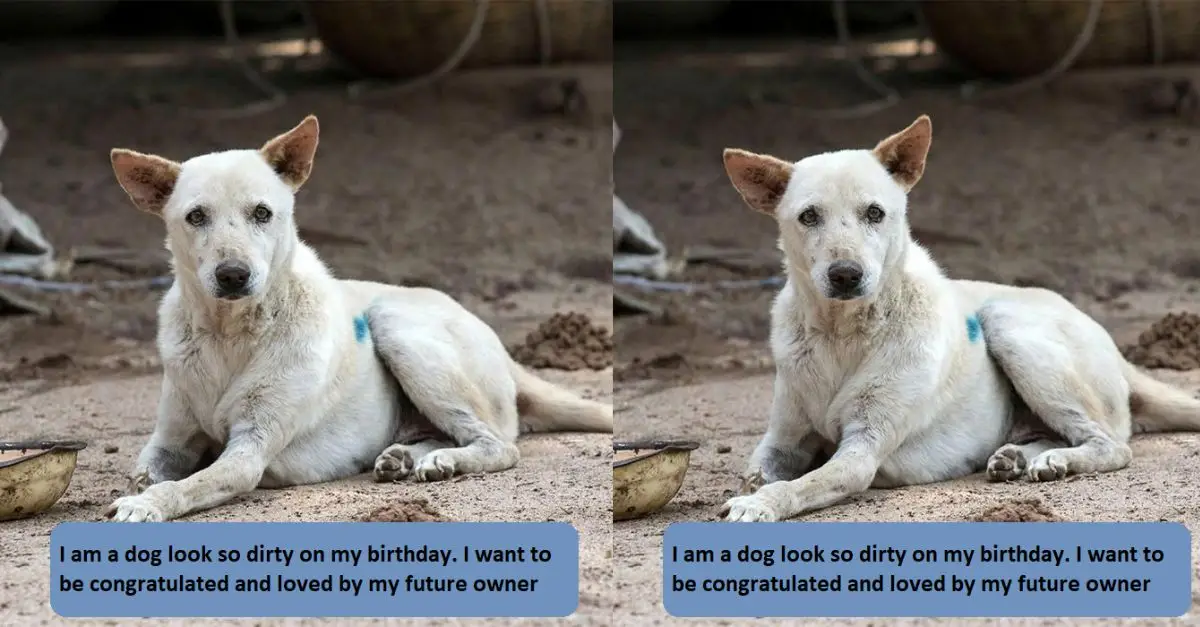The issue of pet theft has gained significant traction in the UK, with a new bill proposing harsher penalties for those convicted of stealing dogs or cats. This article explores the proposed legislation, its potential impact, and the ongoing fight for animal welfare.
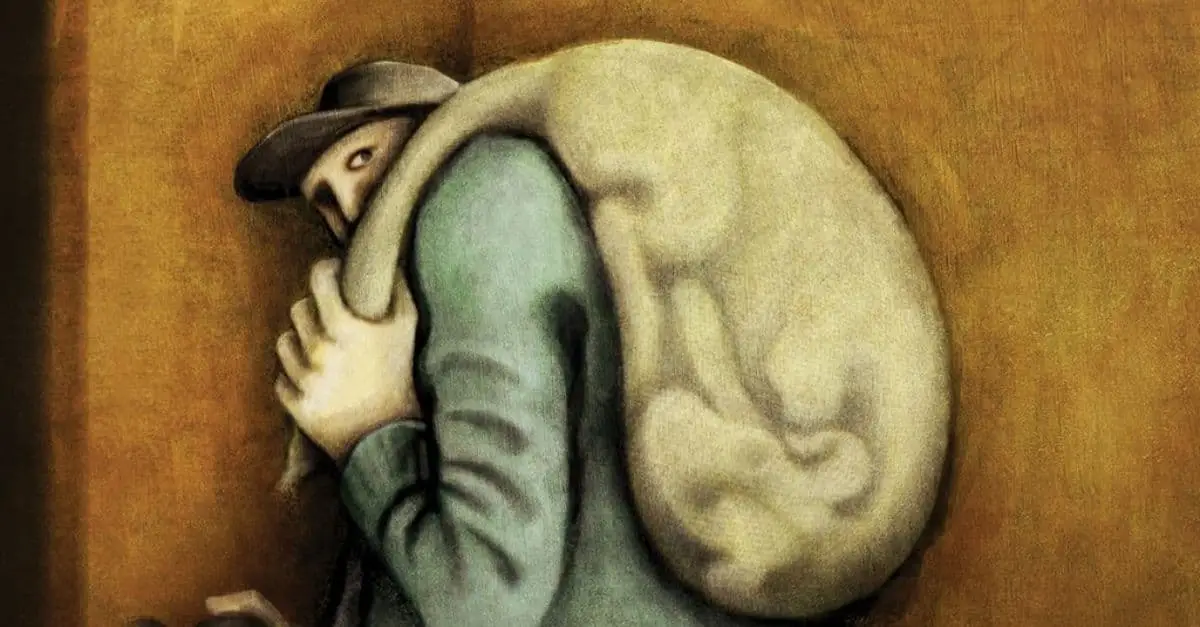
New Law: Cat and Dog Thieves Face Prison for Recognizing Pets as Sentient
Recognizing the emotional toll of pet theft
The proposed bill, spearheaded by Tory MP Anna Firth, seeks a fundamental shift in how pets are viewed under the law. Currently, pets are classified as property under the Theft Act of 1968. While this act carries a maximum sentence of seven years, campaigners argue it fails to acknowledge the emotional distress caused by pet theft.
Firth’s bill proposes recognizing animals as sentient beings and valued companions, not mere possessions. This distinction is crucial, as it empowers judges to consider the emotional impact on owners when determining sentences. The emotional toll of pet theft is undeniable. Pets become cherished members of families, and their loss can be devastating. By acknowledging this emotional attachment, the bill aims to deliver a stronger sense of justice for victims.
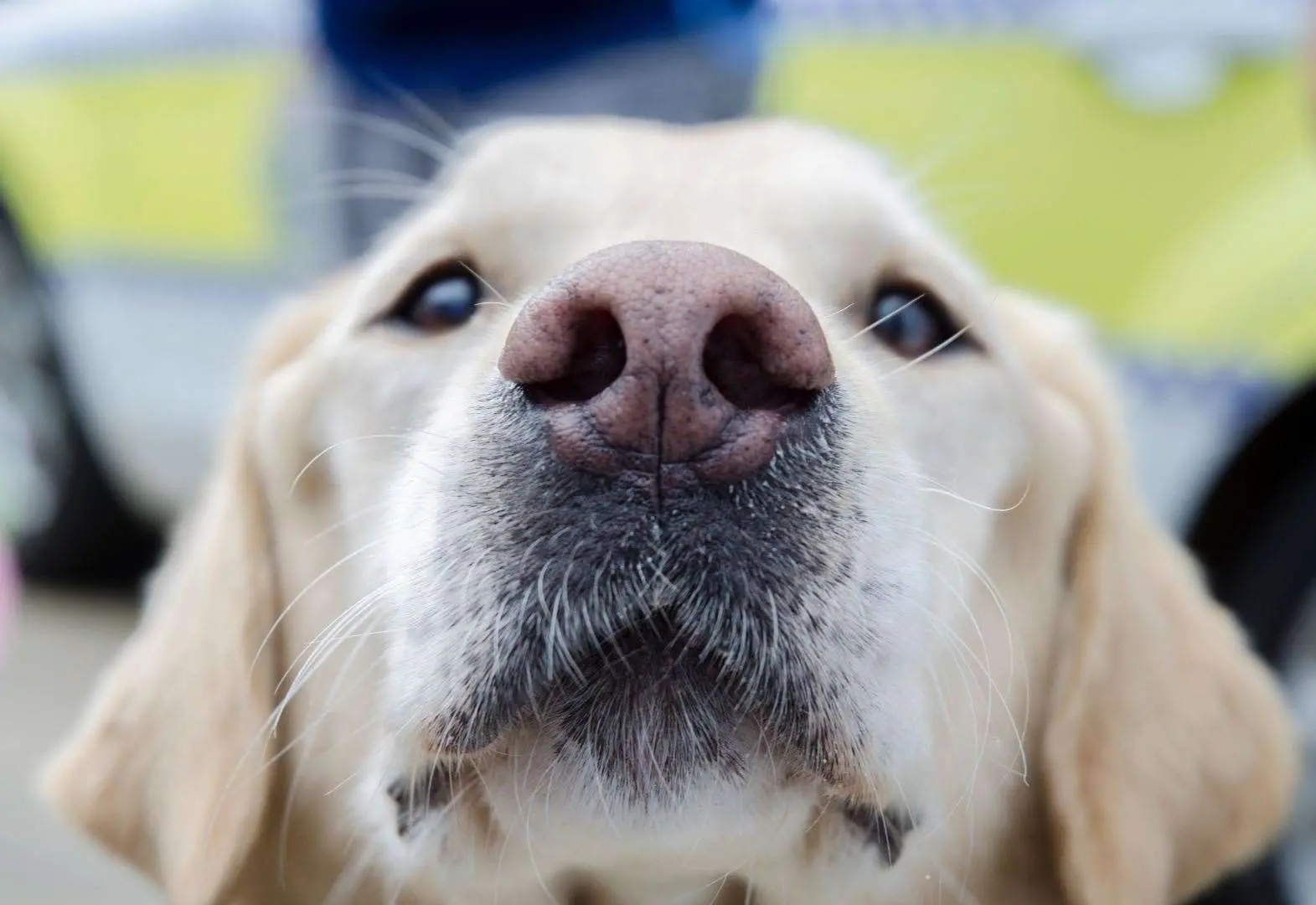
Recognizing the emotional toll of pet theft
Addressing a growing problem
The rise in pet theft has spurred the need for stricter legislation. Statistics paint a concerning picture: in 2020, around 2,000 dog thefts were reported, and this number climbed to 2,760 in 2021.
The lack of specific legislation around pet theft has created a situation Firth describes as “appealing to criminals.” With pets viewed as property, the legal response often feels inadequate. This proposed bill aims to deter criminals by establishing a dedicated offense for pet abduction, making the crime more serious and the penalties more severe.

Addressing a growing problem
A collaborative effort for animal welfare
The bill’s potential success is bolstered by the government’s supportive stance. While a similar bill focusing solely on dog theft was dropped in 2021, the current iteration, encompassing both dogs and cats, appears to have gained government backing.
Animal welfare organizations have also voiced strong support. Groups like Cats Protection emphasize the potential deterrent effect of this legislation. Recognizing both dogs and cats as companion animals provides more comprehensive protection and helps close loopholes that might have been exploited by criminals.
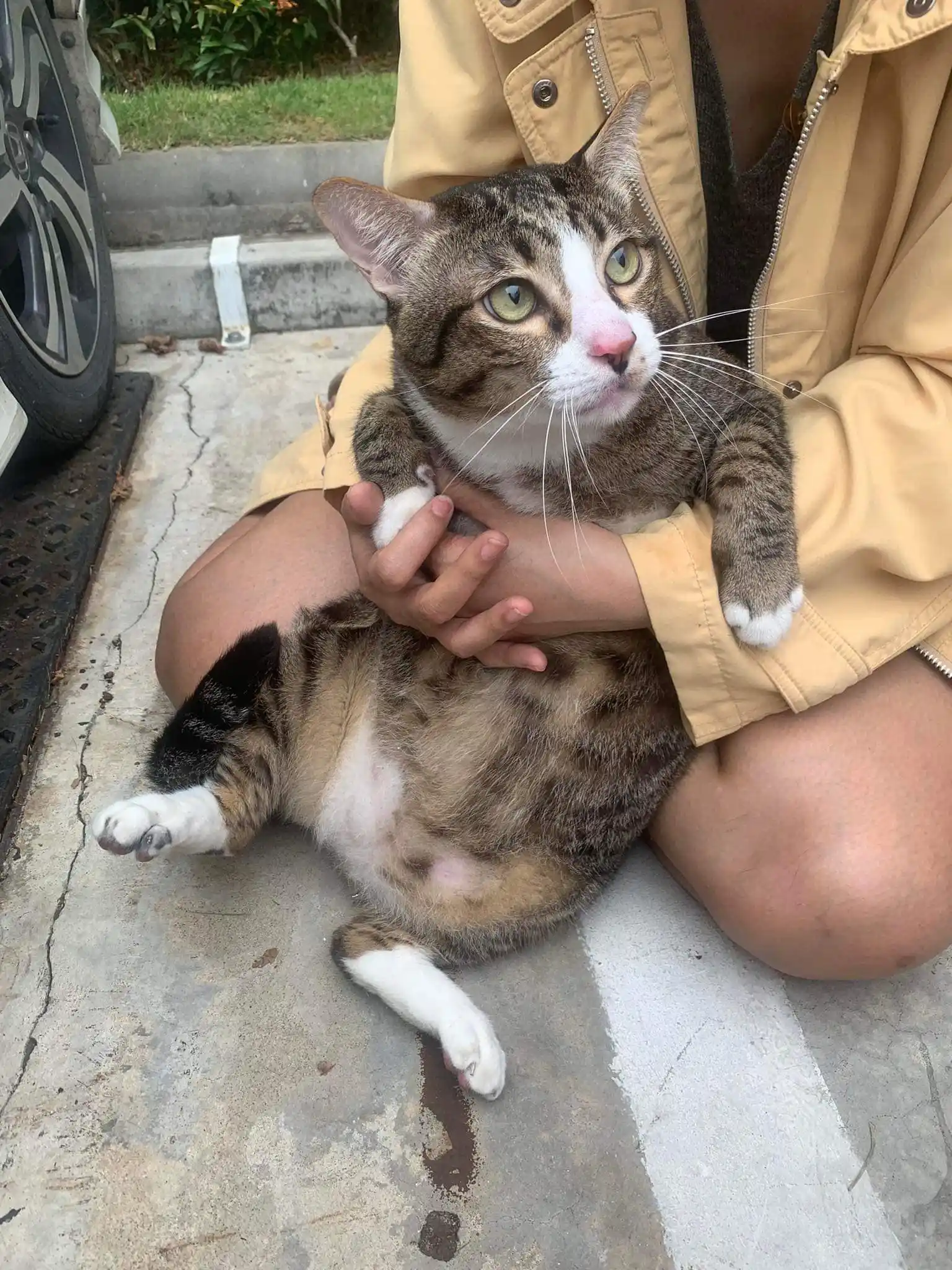
A collaborative effort for animal welfare
While passing a private member’s bill can be challenging, the combined efforts of animal welfare advocates, legislators, and the government suggest a good chance of success. The potential for a general election looms, but with strong support, this bill has the potential to become law and deliver a significant victory for animal welfare.


